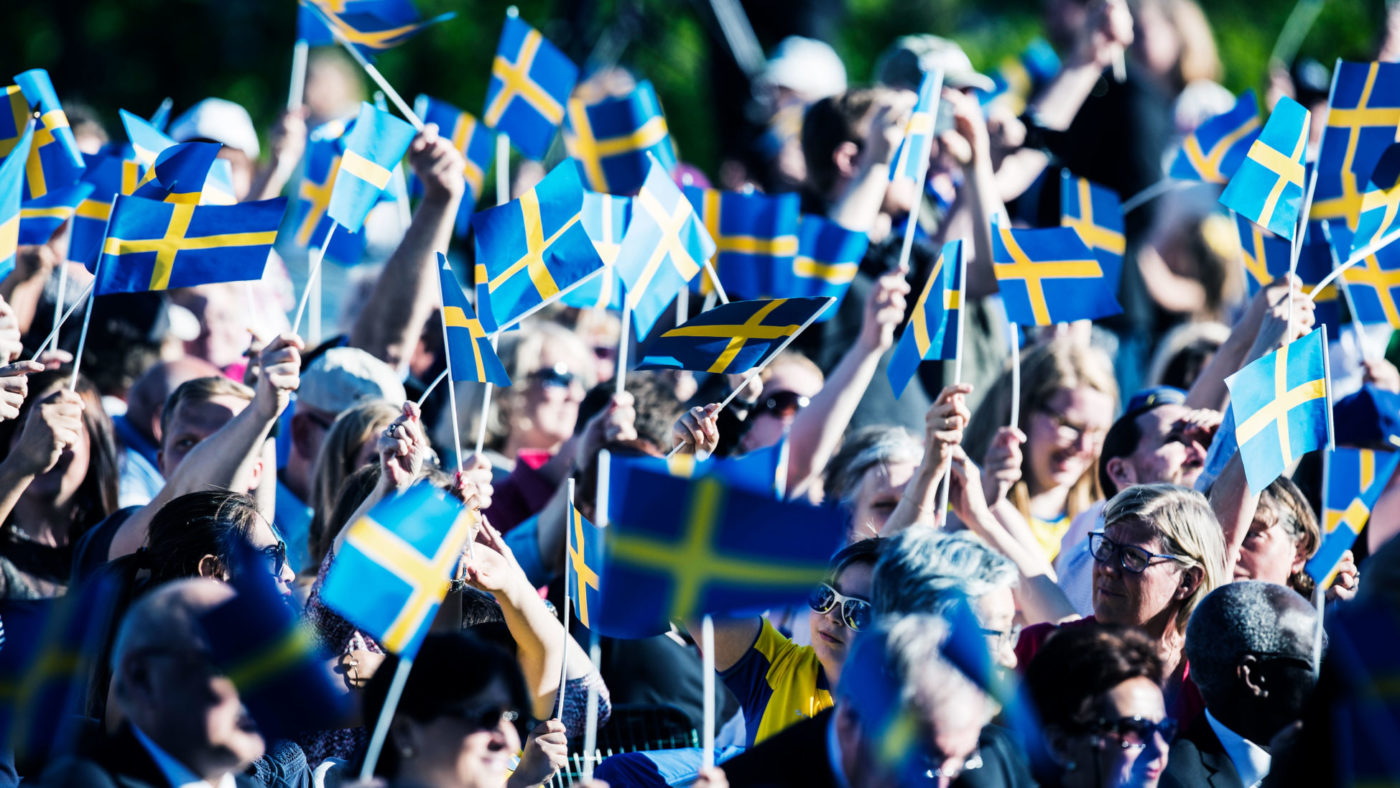From education and immigration to taxation and even road safety, there seems to be no end to the examples we Swedes offer the rest of the world. But what is it that is so uniquely fascinating about my homeland – and how relevant is the way Sweden is run to the rest of the world?
At times, you’d be forgiven for thinking outsiders were talking about two different countries. For some it is an example of multiculturalism gone wrong, a prosperous nation struggling to accommodate newcomers after accepting more refugees per capita than any other OECD country,
But others think America should follow Sweden’s lead and encourage immigrants to make its economy great again. BBC Newsnight put it most starkly with a recent report asking whether Sweden is “a Utopian dream or a multicultural nightmare”?
Analysts can’t even decide what system of government Sweden has. On the one hand Nobel laureate Paul Krugman calls the place a “socialist hellhole“, while CapX contributor Tim Worstall argues persuasively that it’s nothing of the sort.
Bernie Sanders declared during the CNN’s Democratic presidential debate that socialism has been wonderful for the countries of Scandinavia and America should emulate their example.
Fortunately for Sanders-sceptics, numerous books have been written “debunking” the myths of Nordic socialism and of a “Scandinavian utopia”. At the same time, Sweden has been pronounced “the most successful society the world has ever known”. The Economist says that the Scandinavian model is, in fact, a “supermodel” everyone can learn from.
Everyone seems to have an opinion about Sweden, but which one is it? A hellhole or utopia? And why are people so obsessed with my country?
Uniquely among Western countries, for most of the 20th century Sweden was characterised by virtual political hegemony. The Social Democrats ran the country between 1936 and 1991, interrupted by just five years of a centre-right government between 1976 and 1982.
Five decades of Social Democratic rule undoubtedly left their mark, perhaps most clearly with regard to state monopolies. While the BBC’s TV monopoly was broken in 1955, it took another 30 years for Sweden’s public service broadcaster to face any competition. Only recently, in 2009, did the state pharmacy monopoly end and to this day the state still holds a monopoly on alcohol and gambling. Yes, in this utopia/nightmare, the state runs casinos.
But that is far from the whole story. The 1990s saw centre-right politicians move away from the statism of the Social Democrats. Free schools were introduced and unlike in Britain, companies and cooperatives were allowed to run them for profit. The same followed for GPs and other public services — not quite the “socialism” Bernie had in mind.
Then there was the “tax reform of the century”. The top rate of income tax went from 85 per cent in the 1980s to 51 per cent. It has since increased slightly and is now closer to 60 per cent. However, as was noted on CapX last week Sweden’s tax system is highly devolved, with much more tax-and-spend at local level than in the highly centralised British system.
Sweden certainly has high income taxes and a large welfare state, but at the same time it allows for-profit schools and has among the lowest taxes for corporations (22 per cent) and capital gains in the EU. In fact, the Tax Foundation’s 2018 International Tax Competitiveness Index ranked Sweden 7th, just behind Switzerland.
Perhaps it’s Sweden’s many contradictions that take people aback: it seems to simultaneously embody social democracy and vigorously pro-market policies. It’s a self-proclaimed humanitarian superpower yet is also ranked third in the world for arms exports per capita. And, perhaps in spite of its small population and big government, the country has had a significant impact on international business, technological innovation and culture.
Swedish startups are another interesting example. Studies have found that the more a country’s government spends per capita, the smaller the number of startups it tends to have per worker — the idea being that high-income taxes reduce entrepreneurs’ expected gains and thus their incentive to launch new companies.
Not so in Sweden, which excels in promoting ambitious new businesses, such as music-streaming service Spotify and online payment firm Klarna. For a country of just 10 million people, it is certainly punching above its weight.
In fact, Stockholm is something of a unicorn factory, producing the second-highest number of billion-dollar tech companies per capita after Silicon Valley. In Sweden overall, there are 20 startups per 1,000 employees, compared to just five in the United States, according to data from the OECD. In the 2018 Bloomberg Innovation Index, Sweden tops the list, second only to South Korea.
So its many contradictions make it the perfect target both for people who want to prove that high standards of living are reached by lowering taxes and free market reforms, but also for people eager to promote the benefits of a large welfare state. As long as neither can be decisively rebutted, there will still be plenty of lessons from Sweden.


